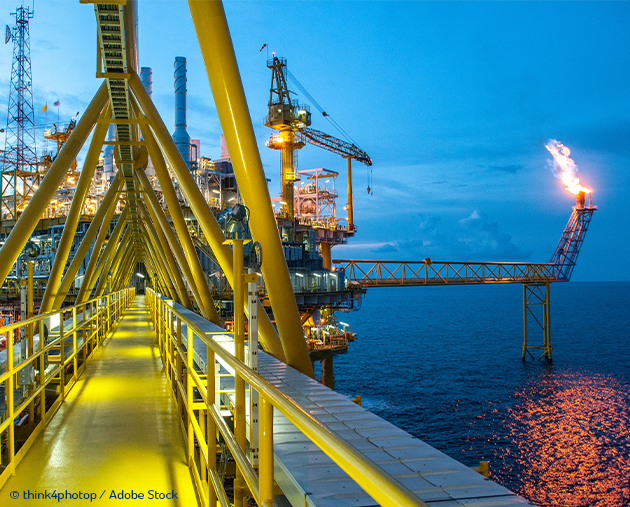
Reviewing the Oil & Gas Industry with Ian Osborne
We caught up with Ian Osborne, an industry veteran of over twenty years. Starting out as a surveyor in dredging and land reclamation, Ian is now a freelancer and involved in client – end project management for survey and data acquisition.
“This year has been busier than last – but given what we went through, that wasn’t difficult. Generally, offshore activity has remained buoyant throughout the downturn due to the transferability of skillsets. I’ve certainly seen an increase in oil and gas budgets, specifically for maintenance rather than out and out development though, which was held up for a time. Clients can’t delay this much longer for safety reasons and there is only so long that cost – amended maintenance models are justifiable.”
“In terms of whether we should expect activity levels to return to pre-downturn levels, to be frank no-one has the answer to that. Pre-downturn it was all a bit silly, with sustained over-$100 pb driving a bubble which was unusual when the rest of the economy was suffering.”
“But the order books are full and offshore o&g service providers are busy. If developers feel they can make a profit on less than $60 pb, we could see a return to increased activity happen quite quickly.”
We asked Ian what he thought the long-term impacts the downturn had had upon the O&G sector. He was clear that in his opinion it was a loss of good people from the offshore industry. “A lot of surveyors left the industry, simply because they couldn’t find work. When things pick-up again we’re going to feel the impact of that if they don’t return. It’s especially concerning when you consider what will happen without good management in place. There will be a pool of managers who will be far less experienced which will mean a significant challenge when it comes to delivering more complicated jobs, for hard-to-please clients.”
Ian doesn’t feel that the oversupply issue is one that has been addressed, saying that this is largely down to the influence and activity of OPEC, which he thinks is beyond anyone’s control, realistically. Look at the price rises in the 1970’s.
The biggest challenges of the past year came in the form of the transfer of cost-saving models from renewables to oil and gas: “The expectation is there to amend the contracting model and deploy resources more efficiently – and still make a profit.” It’s a harder place now.
Technology is playing more of an important role in the industry, rather than being an out and out disrupter. “We’re only inventing new ways of doing things, we haven’t invented anything new as such – what we need is to become technology-managers to best take advantage of these developments.”
“I can see shifts occurring in the industry – there is an appetite to take on new skills and technologies, so we’re moving away from the conservatism that’s long been associated with oil and gas. From my own experience I can see how we’re trying to bring the client along this path – it’s not easy to find the ones who are keen to innovate, and who are big or brave enough to shrug it off if it doesn’t work out perfectly first time. But fail fast and adapt, is a good mentality to adopt. No-one wants to be seen as a failure, only as an innovator. ”
“You can see with the likes of drones for land-surveying what impact it can have on projects: you can also use live geographical information modelling, tagging assets and tracking progress in real-time. These are interesting developments and are changing the way we work.”
Coming up in 2019, Ian is interested to see what the continued impact of renewables contracting methodologies has on oil and gas activity. “Certainly offshore wind farms and interconnectors are the most exciting projects at the moment. There is so much going on here, and we’re going to continue to see more of the contracting methods being transferred to oil and gas. I’ve been keen to see a more fluid approach to people working in the two fields – because as with the impact of tech, we are developing skills which can be easily applied in both areas. I think opening this up would have a positive impact on recruitment and project management going forward.”
“The areas we’re going to be watching are in the Middle East with Israeli and related activities in the eastern Mediterranean. Of course, the Gulf of Mexico will continue to be busy, and Brazil too. There’s a lot going on and I’d predict seeing more going on with gas in places like East Africa, as it’s relatively environmentally friendly, though not so easy to develop here.”


